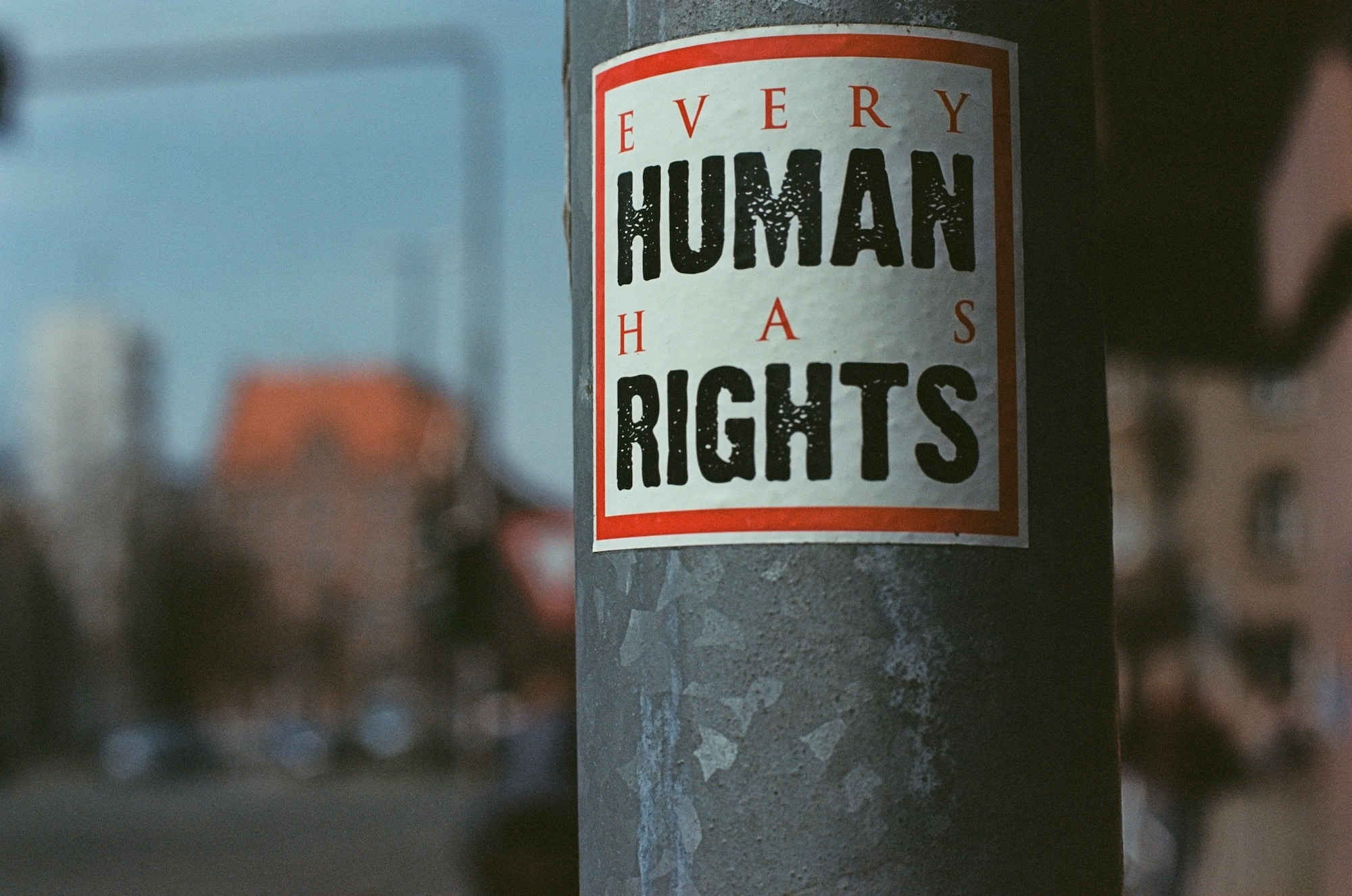


The Universal Declaration Of Human Rights

"Human rights are rights inherent to all human beings, regardless of race, sex, nationality, ethnicity, language, religion, or any other status" (UN, nd).
The International human rights law , outlines expected obligations of Governments to act in certain ways or to refrain from certain acts targeted at promoting and protecting human rights and fundamental freedoms of individuals or groups. The United Nations outlines a broad range of internationally accepted rights- civil, cultural, economic, political and social rights. Along with this 'RIGHTS' are established mechanisms to promote and protect these rights and to assist states in carrying out their responsibilities. (UN, nd)
Facts Of Human Rights
Human Rights is an entilement to ALL and without discrimination . The United Nations and its specialized agency are geared at protecting human rights hence the right to development as evidenced in the Sustainable Development Goals agenda. The Universal Declartion of Human Rights includes and not limited to :
- The right to life and liberty
- A right to freedom from slavery and torture
- Freedom of opinion and expression
- The right to work and education and many more.
- The rights of children, indigenous peoples, and disabled persons.
International human rights outlines obligations that states are bound to respect as follows:
- As participants of the international treaties, States are bound by international law to respect, to protect and to fulfil human rights.
- States are obligated to refrain from interfering with or limiting the enjoyment of human rights by individuals. .
- States are under obligation to protect individuals and groups against human rights abuses of any form.
- States are obligated to fulfill the above as listed by taking positive action to facilitate the enjoyment of basic human rights.(U.N, nd).
Through the ratification of international human rights treaties, governments expectedly have undertaken to put in place domestic strategies, measures and legislation that aligns with the treaty obligations and duties expected of the states.
- Are your Fundamental Human Rights protected in your country?
- Do you know your protected rights ?
- Are there structures and or implementable policies in place to drive the protection of human rights in your locality?
- Can you identify the various offices/departments charged with the protection of human rights ?
- - How effective are the systems?
Bridging-Health Int'l with it's affiliate Organization (Ascending Health Organization) advocates Human Rights and promote awareness campaigns in communities, schools and governmental organizations towards the advancement of the SDG Agenda to improve the Social Determinants of Health and health outcomes in the communities.
The Universal Declaration of Human Rights was adopted at the United Nations General Assembly in 1947. There, the dignity and worth of the human person was promoted. (Universal Declaration of Human Rights,2017).
Videos
The 70th anniversary of the Universal Declaration of Human Rights in 2018 showcases voices of United Nations personnel reciting some of the articles as seen in the video below:
Join us in the advocay campaign....; together we can contribute to improve our world and impact on lives. Lend Your Voice!

